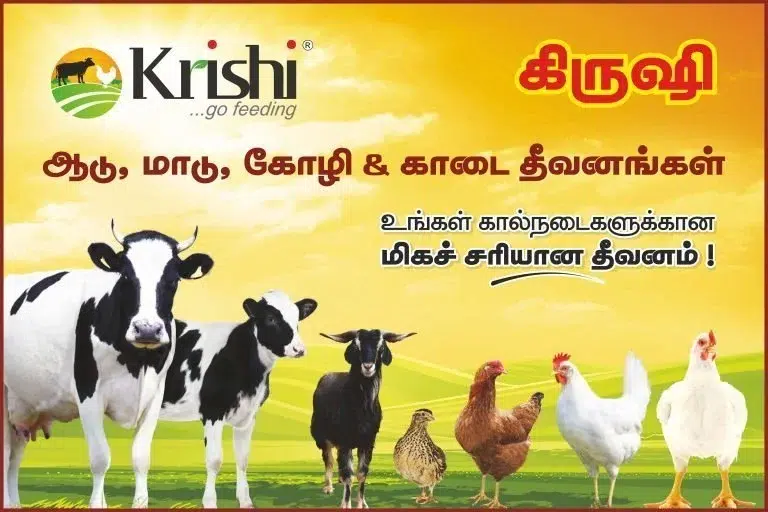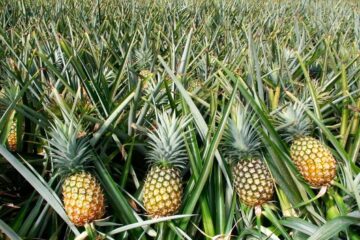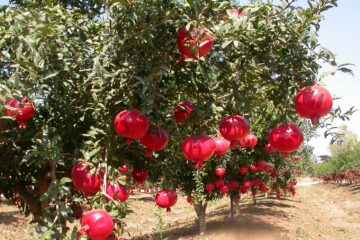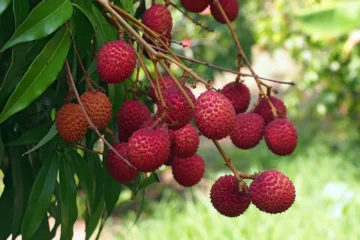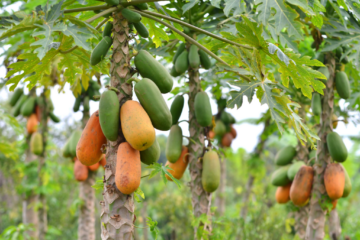Published in: November 2018
In the economic advancement of rural India, livestock farming plays a significant role, with poultry farming providing substantial support to landless and small farmers due to its low investment requirement. Native chickens thrive on external waste and natural organisms, offering quick returns.
These chickens, raised in natural environments, are favored by people for consumption. Despite the benefits, approximately 80% of rural populations engage in poultry farming as a supplementary agricultural activity. However, various infectious diseases can cause significant losses to native chickens.
Generally, all diseases affecting farmed chickens can also impact native chickens. However, native chickens have a natural resistance, making them less susceptible to all diseases. Nevertheless, some infectious diseases, particularly white diarrhea and fowlpox, can cause complete mortality.
In addition to these, roundworms and tapeworms, as well as mites and ticks, can significantly reduce the productivity of chickens. Therefore, understanding these diseases and their prevention methods is crucial.
White Diarrhea Disease
White diarrhea, caused by the bacterium Salmonella pullorum, affects chickens severely throughout the year, especially during the hot months of April and May.
Symptoms:
- Affected chickens have white droppings.
- They become lethargic, resembling a broody hen, and stop eating and drinking.
- Chicks’ eyes may become watery and closed.
- Nerve-affected chickens drag their legs, twist their necks, stop eating, and die within 2-3 days.
- This disease can spread rapidly, causing mass mortality in the flock.
Prevention:
- Vaccination is the only effective prevention method.
- Administer F1 type vaccine on the 7th day and LaSota type vaccine on the 28th day as eye drops.
- When chicks reach 8 weeks of age, vaccinate with RDVK, available for free at veterinary hospitals, to protect against the disease.
Fowlpox
Symptoms:
- Affected chickens develop blisters on the head, eyes, and comb.
- This viral disease is a significant infection in native chickens.
- Blisters around the eyes can impair vision, preventing chickens from feeding.
- Although it may not cause high mortality in adult chickens, it can be fatal in chicks.
Control:
- Apply a mixture of neem leaves and turmeric to the blisters.
- Prevent the disease by vaccinating chicks at 3-6 weeks of age.
Roundworms
Symptoms:
- Roundworms (Ascaridia) and tapeworms (Raillietina) heavily infest native chickens.
- These parasites cause diarrhea, weight loss, and stunted growth in chickens.
- Eggs and larvae from infected chickens spread to other chickens.
Control:
- Administer appropriate deworming medications with the help of a veterinarian.
Mites and Ticks
Symptoms:
- Various external parasites, especially mites and ticks, affect young chicks.
- Infested chickens exhibit skin irritation, feather loss, anemia, and reduced egg production.
- In some cases, these parasites can also bother household members.
- Mites are particularly prevalent in brooding hens.
Control:
- Spray medications like vasambu (sweet flag) or butox to eliminate these parasites.
Coccidiosis
Symptoms:
- Caused by Eimeria, a protozoan parasite, which infects various parts of the intestines.
- This disease primarily affects chicks aged 4-8 weeks.
- Affected chicks exhibit bloody diarrhea.
Control:
- Mix appropriate medications in drinking water and administer with the help of a veterinarian.
General Management Practices
- Clean chicken coops with disinfectants regularly.
- Remove waste daily from the chicken enclosures.
- Separate infected chickens to prevent disease spread.
- Purchase new, disease-free chickens for the flock.
- Administer proper vaccinations and deworming medications to chicks.
Dr. V.C. Vadivu, Dr. Aranga Madivanan, Dr. U. Lakshmikantan, Veterinary University Training and Research Center, Tiruppur – 641 604.



